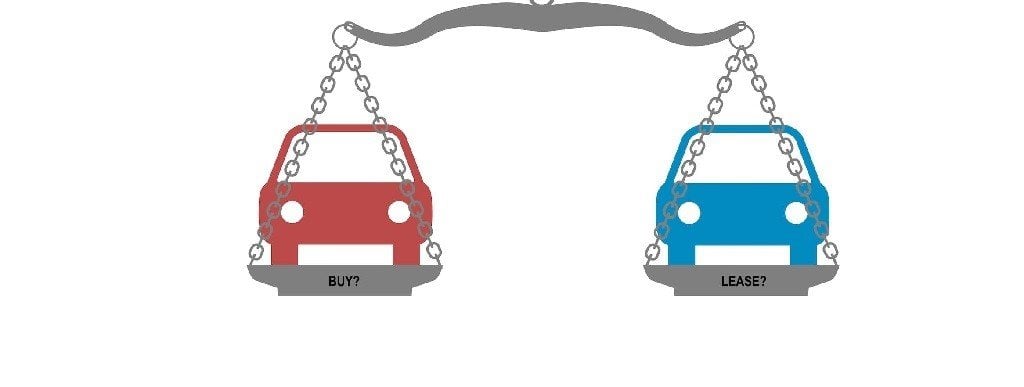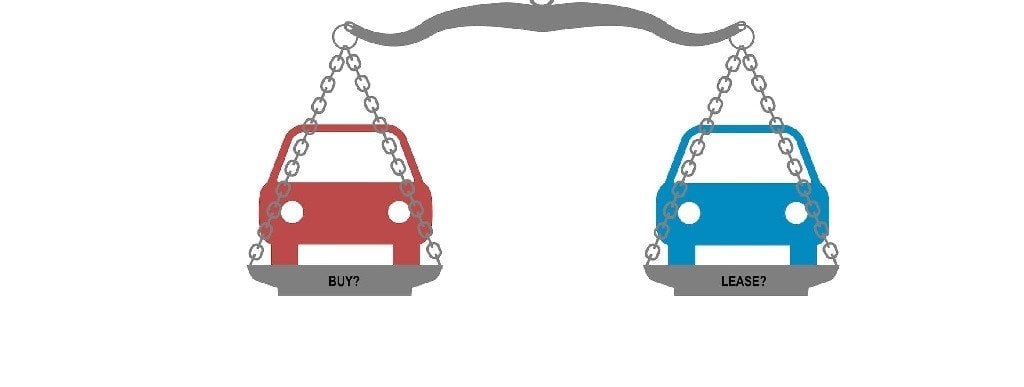How does leasing differ from owning a vehicle?

Owning a vehicle comes at a significant cost as cars depreciate quickly and some consider buying a car a bad financial decision. In the long run, the price is a deterrent, or you don't want to deal with a car loan?
What is Leasing?
Leasing can be defined as a contractual arrangement whereby one party allows another party to rent a vehicle for an extended period. After the specified period (rental period) has expired, you have the option to return the vehicle to the dealer or to purchase it against payment of an amount specified in the contract.
Difference Between Leasing and Buying a Car
Buying a car is relatively straightforward: either you pay the full price of the vehicle you want to own and buy it, or if you are unable to pay the full amount and opt for a traditional car loan, you can go to Borrow money from your bank and use it to pay for the vehicle. You pay back the borrowed amount within a certain period by paying monthly installments along with an interest amount. However, leasing a car is generally seen as more attractive from a financial point of view, as the monthly leasing installments are significantly lower than the loan installments and do not include any additional interest amount. The vehicle at the end of the leasing period is calculated considering the depreciation of the vehicle. Leasing often allows people to choose a car that is above the segment they could otherwise afford. n You also benefit from considerable tax advantages through this process.
Advantages and Disadvantages of Leasing:
Leasing has its share of pros and cons. But, as a consumer, weighing them before deciding is the wisest thing to do.
The Pros of Leasing
During the lease period (of course, depending on the model and term), you can drive a new car for which the manufacturer's guarantee generally applies. This ensures a smooth driving experience. You can trade-in your car and receive the latest models every few years after the lease expires. This gives you access to vehicles that are equipped with all the technical trimmings and have the latest safety features. You can opt for a higher-priced, luxury vehicle that you normally couldn't afford, with no need to worry about trade-in value fluctuations or thinking about selling when it's time to upgrade.
The Cons of Leasing:
Lease contracts specify the number of miles a vehicle can be driven within a specific period. Exceeding that limit can cost extra and unused miles don't get you credits. If you don't enjoy driving the car or cannot afford the payments and end up terminating the lease, you will have to pay hefty termination fees and penalties. The leased vehicles need to be maintained properly and cannot be modified in any way. Failing to maintain the vehicle can cost you excess wear and tear charges when you turn it in. You pay for expendable parts like the tires, from your own pockets. This means that replacing parts on luxurious vehicles can be an expensive affair.


